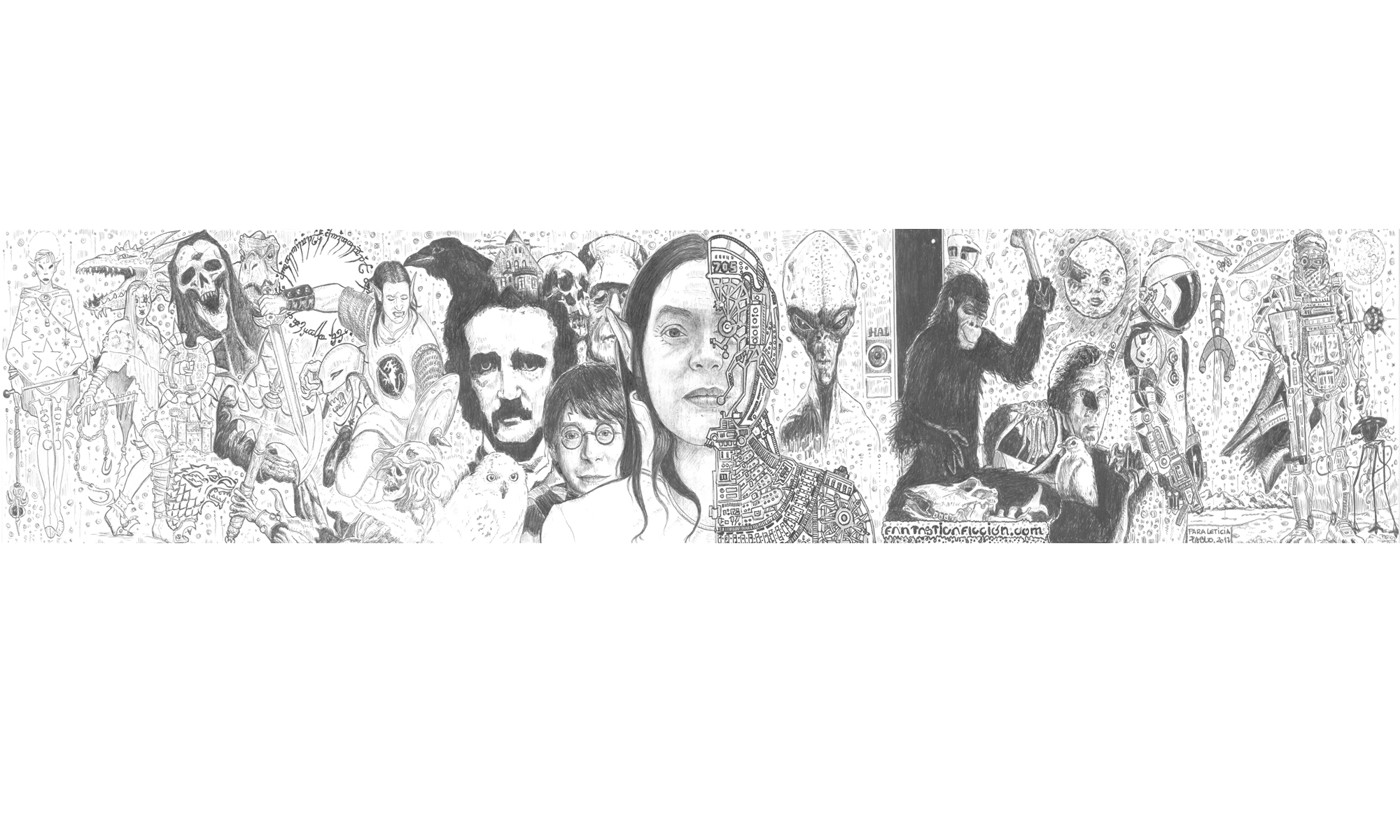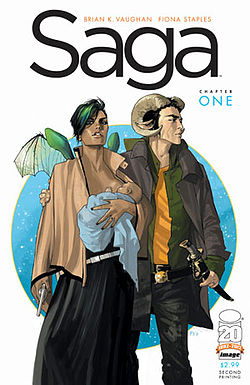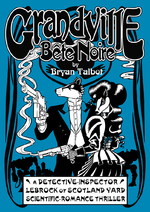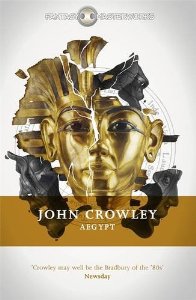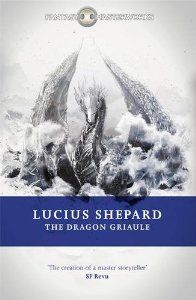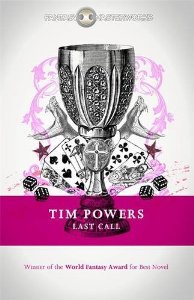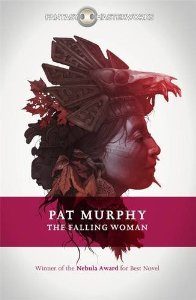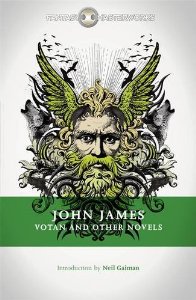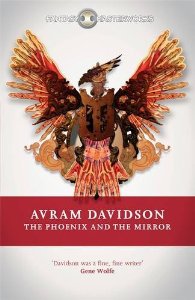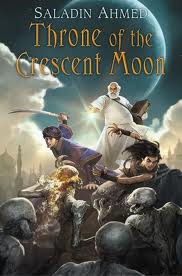Se han publicado los nominados a los premios British Fantasy Awards, son los siguientes:
Best Fantasy Novel (Robert Holdstock Award)
Blood and Feathers, Lou Morgan (Solaris)
The Brides of Rollrock Island, Margo Lanagan (David Fickling Books)
Railsea, China Miéville (Macmillan)
Red Country, Joe Abercrombie (Gollancz)
Some Kind of Fairy Tale, Graham Joyce (Gollancz)
Best Horror Novel (August Derleth Award)
The Drowning Girl, Caitlin R. Kiernan (Roc)
The Kind Folk, Ramsey Campbell (PS Publishing)
Last Days, Adam Nevill (Macmillan)
Silent Voices, Gary McMahon (Solaris)
Some Kind of Fairy Tale, Graham Joyce (Gollancz)
Best Novella
Curaré, Michael Moorcock (Zenith Lives!) (Obverse Books)
Eyepennies, Mike O’Driscoll (TTA Press)
The Nine Deaths of Dr Valentine, John Llewellyn Probert (Spectral Press)
The Respectable Face of Tyranny, Gary Fry (Spectral Press)
Best Short Story
Our Island, Ralph Robert Moore (Where Are We Going?) (Eibonvale Press)
Shark! Shark! Ray Cluley (Black Static #29) (TTA Press)
Sunshine, Nina Allan (Black Static #29) (TTA Press)
Wish for a Gun, Sam Sykes (A Town Called Pandemonium) (Jurassic London)
Best Collection
From Hell to Eternity, Thana Niveau (Gray Friar Press)
Remember Why You Fear Me, Robert Shearman (ChiZine Publications)
Where Furnaces Burn, Joel Lane (PS Publishing)
The Woman Who Married a Cloud, Jonathan Carroll (Subterannean Press)
Best Anthology
A Town Called Pandemonium, Anne C. Perry y Jared Shurin (eds) (Jurassic London)
Magic: an Anthology of the Esoteric and Arcane, Jonathan Oliver (ed.) (Solaris)
The Mammoth Book of Ghost Stories by Women, Marie O’Regan (ed.) (Robinson)
Terror Tales of the Cotswolds, Paul Finch (ed.) (Gray Friar Press)
Best Small Press (PS Publishing Independent Press Award)
ChiZine Publications (Brett Alexander Savory and Sandra Kasturi)
Gray Friar Press (Gary Fry)
Spectral Press (Simon Marshall-Jones)
TTA Press (Andy Cox)
Best Non-Fiction
Ansible, David Langford
The Cambridge Companion to Fantasy Literature, Edward James y Farah Mendlesohn (eds) (Cambridge University Press)
Coffinmaker’s Blues, Stephen Volk (Black Static) (TTA Press)
Fantasy Faction, Marc Aplin (ed.)
Pornokitsch, Anne C. Perry y Jared Shurin (eds)
Reflections: On the Magic of Writing, Diana Wynne Jones (David Fickling Books)
Best Magazine/Periodical
Black Static, Andy Cox (ed.) (TTA Press)
Interzone, Andy Cox (ed.) (TTA Press)
SFX, David Bradley (ed.) (Future Publishing)
Shadows and Tall Trees, Michael Kelly (ed.) (Undertow Publications)
Best Artist
Ben Baldwin
David Rix
Les Edwards
Sean Phillips
Vincent Chong
Best Comic/Graphic Novel
Dial H, China Miéville, Mateus Santolouco, David Lapham y Riccardo Burchielli (DC Comics)
Saga, Brian K. Vaughan y Fiona Staples (Image Comics)
The Unwritten, Mike Carey, Peter Gross, Gary Erskine, Gabriel Hernández Walta, M.K. Perker, Vince Locke y Rufus Dayglo (DC Comics/Vertigo)
The Walking Dead, Robert Kirkman y Charlie Adlard (Skybound Entertainment/Image Comics)
Best Screenplay
Avengers Assemble, Joss Whedon
Sightseers, Alice Lowe, Steve Oram and Amy Jump
The Cabin in the Woods, Joss Whedon and Drew Goddard
The Hobbit: An Unexpected Journey, Fran Walsh, Philippa Boyens, Peter Jackson y Guillermo del Toro
Best Newcomer (Sydney J. Bounds Award)
Alison Moore, por The Lighthouse (Salt Publishing)
Anne Lyle, por The Alchemist of Souls (Angry Robot)
E.C. Myers, por Fair Coin (Pyr)
Helen Marshall, por Hair Side, Flesh Side (ChiZine Publications)
Kim Curran, por Shift (Strange Chemistry)
Lou Morgan, por Blood and Feathers (Solaris)
Molly Tanzer, por A Pretty Mouth (Lazy Fascist Press)
Saladin Ahmed, por Throne of the Crescent Moon (Gollancz)
Stephen Bacon, por Peel Back the Sky (Gray Friar Press)
Stephen Blackmoore, por City of the Lost (Daw Books)
¡Enhorabuena a los nominados!
